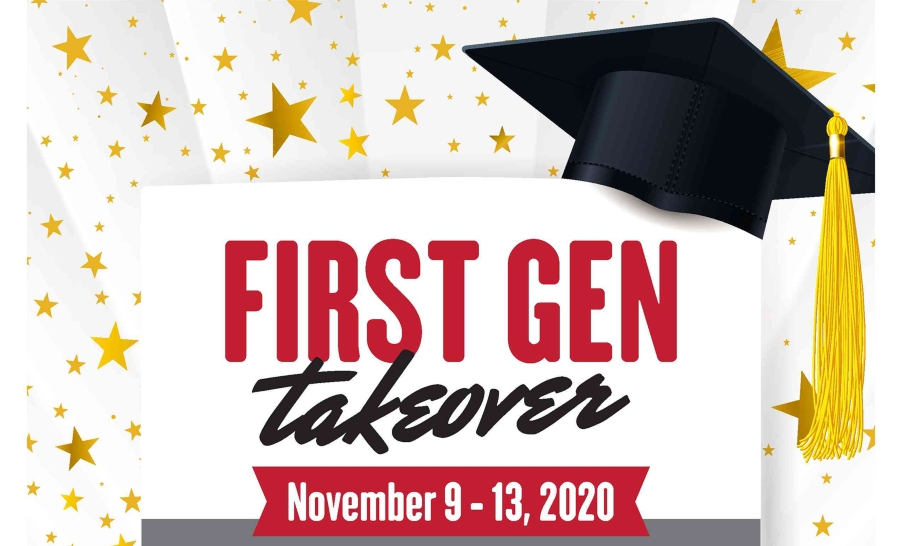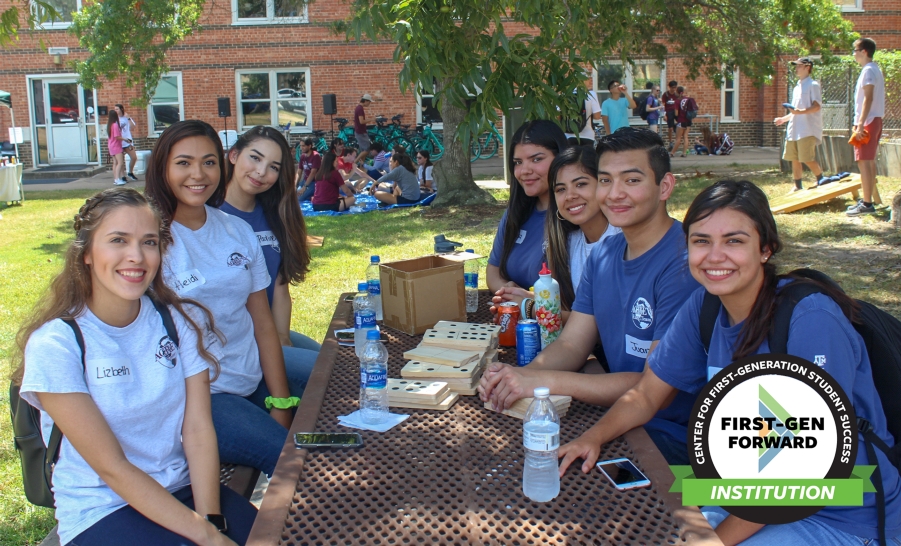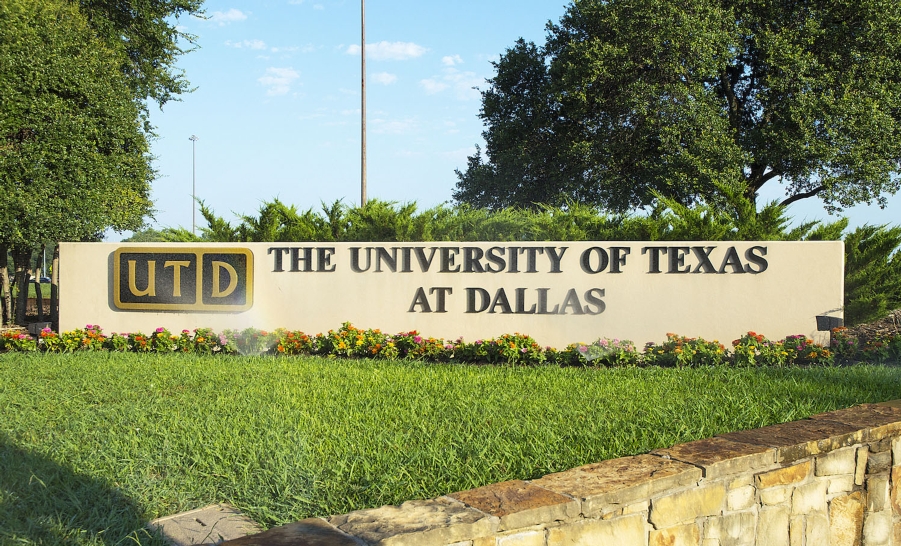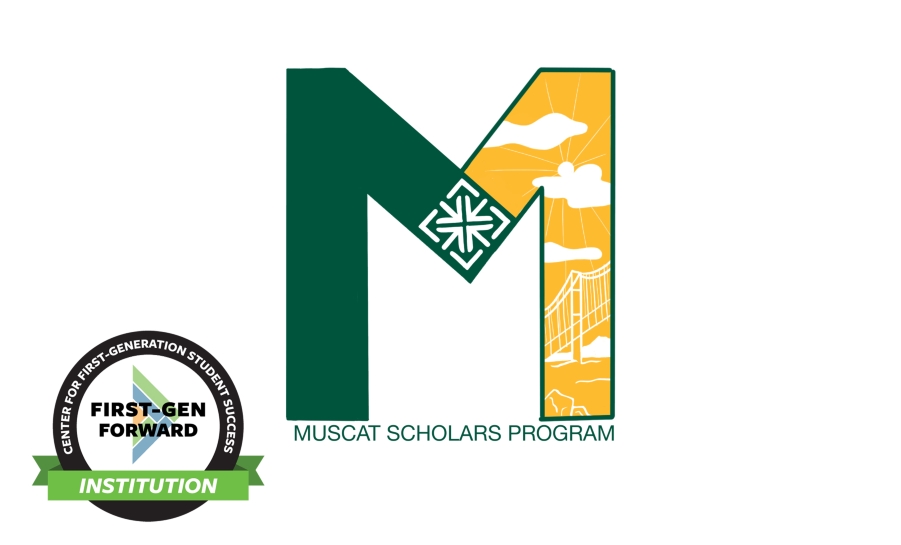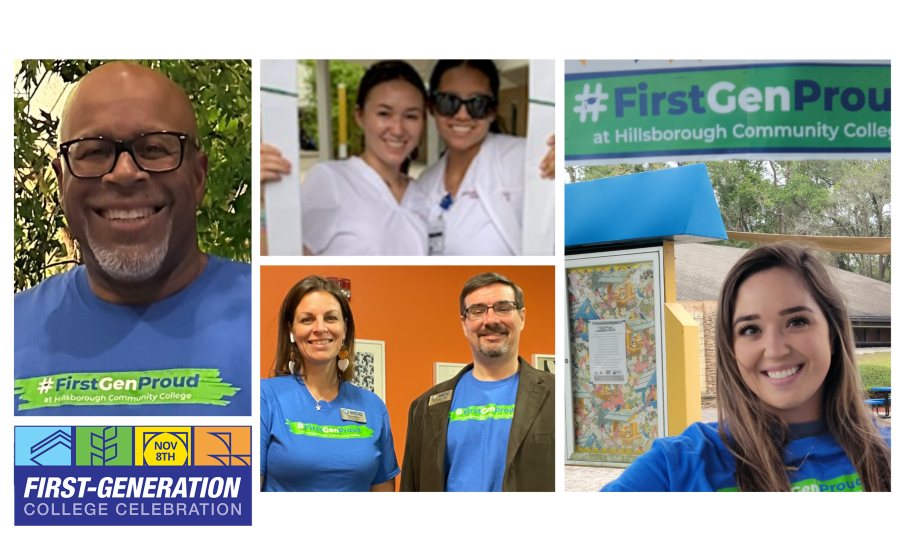The Value of a First-generation Network
Anna C. Hope, Ph.D, Mount Holyoke College / FirstGen Forward / October 07, 2020
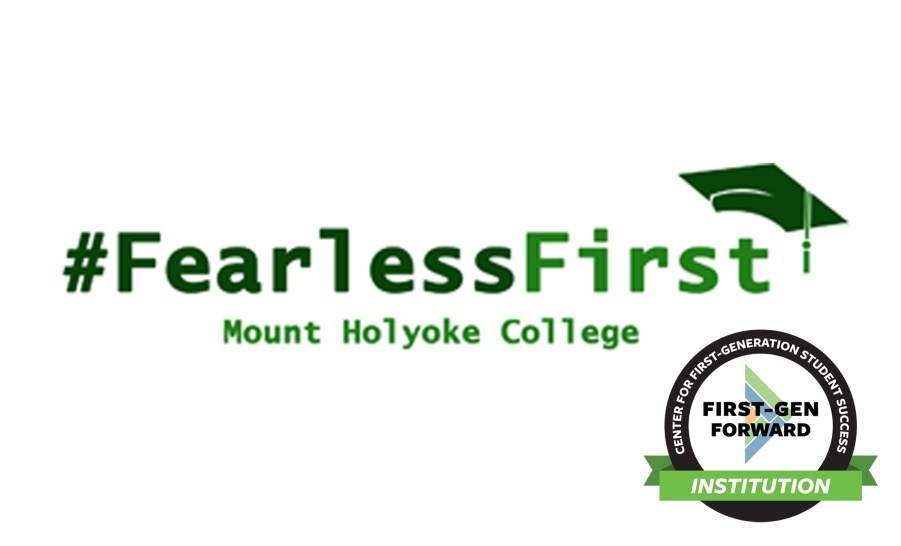
The First-Gen Network (FGN) at Mount Holyoke College (MHC) is aptly named, as responsibility for supporting first-gen and low-income (FLI) students is not loosely held by multiple departments nor located within a single office or person. Rather, it is shared by a network of representatives from several key departments across campus.
The FGN was born out of the Class Action First Gen Summit in 2016, where students, staff, and faculty passionate about the FLI student experience at Mount Holyoke College came together. The following academic year, the MHC Division of Student Life was established, and the FGN moved under their leadership, offering connection to a vibrant community of colleagues invested in student success and co-curricular experiences. Active membership includes representatives from the offices of academic deans, admissions, athletics, career services, counseling, library and information technology, and student financial services. The network also includes close connections with a student organization [FLIP (First Gen Low Income Partnership)], several faculty members, and colleagues in communications, residential life, alumnae relations, and equity and inclusion.
The range of diverse roles within the FGN lends itself well to creative thinking and innovative problem solving. For example, when members raised the concern about access to textbooks for FLI students, a representative from library and information technology services ensured that every book for each class was on reserve. The residential life representative let the team know that students often leave used textbooks when they move out, which led to a collection initiative resulting in the creation of an expansive textbook inventory intended for use by FLI students.
Timely completion of the FAFSA is also often a concern for FLI students. The student financial services representative responded to the need for support and guidance raised in a FGN meeting by holding a FAFSA workshop, during which students logged in and completed forms. Additionally, in this current moment of remote learning, FGN members are working within their own departments to increase awareness of the unique challenges that FLI students may face with online coursework. Members offer virtual opportunities for community connection and manage the college’s Safety Net Fund, a grant program created by the Division of Student Life that supports first-generation and/or low-income students who may have a difficult time accessing living necessities, technology, or other items that support academic learning in a remote environment.
The range of diverse roles within the First-Gen Network lends itself well to creative thinking and innovative problem solving.
The variety of staff roles within the FGN and the ways in which members interface with the Mount Holyoke College community also make it possible to cultivate connections with faculty and staff who identify as FLI themselves. Outreach efforts intended to increase the visibility of and pride in FLI identity resulted in the FGN being invited to one of the most well-attended faculty Teaching and Learning Initiative luncheons of last year, where FGN members and two FLI faculty engaged participants in conversation about integrating practices critical to supporting FLI students into their teaching and advising work. Faculty and staff connections also led to several programmatic initiatives, including:
-
the creation of the #FearlessFirst logo that faculty and staff can post on their office doors to signal their FLI or ally status to students;
-
the creation of online profiles for FLI faculty and staff;
-
an annual student/faculty/staff mixer (successfully done virtually this year!); and
-
yearly panel discussions with FLI faculty, staff, and alumni.
The structure of the FGN avoids potential challenges associated with locating responsibility for FLI student support and programming across campus departments without clear leadership or vision, or solely in the hands of a person or office, which can pose challenges to community ownership and participation. Mount Holyoke’s First-Gen Network lands somewhere in the middle: leadership within the Division of Student Life brings consistency and opportunities for collaboration, and the team of network members encourages community engagement and investment in FLI student success.
For more information on Mount Holyoke College's approach, please visit their website here.
